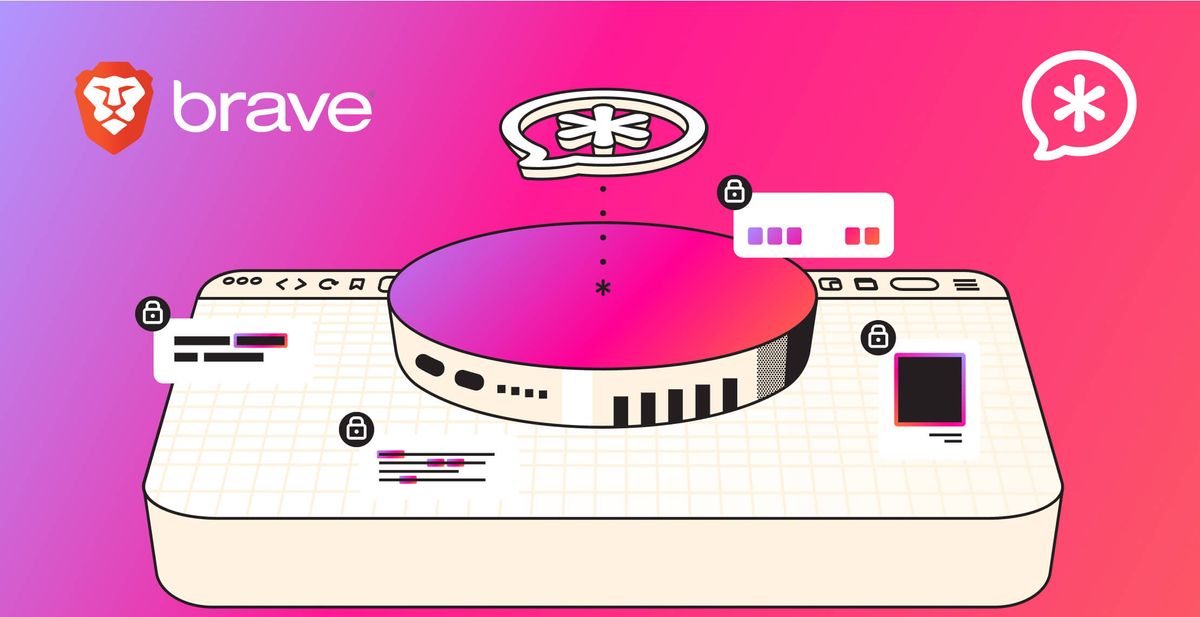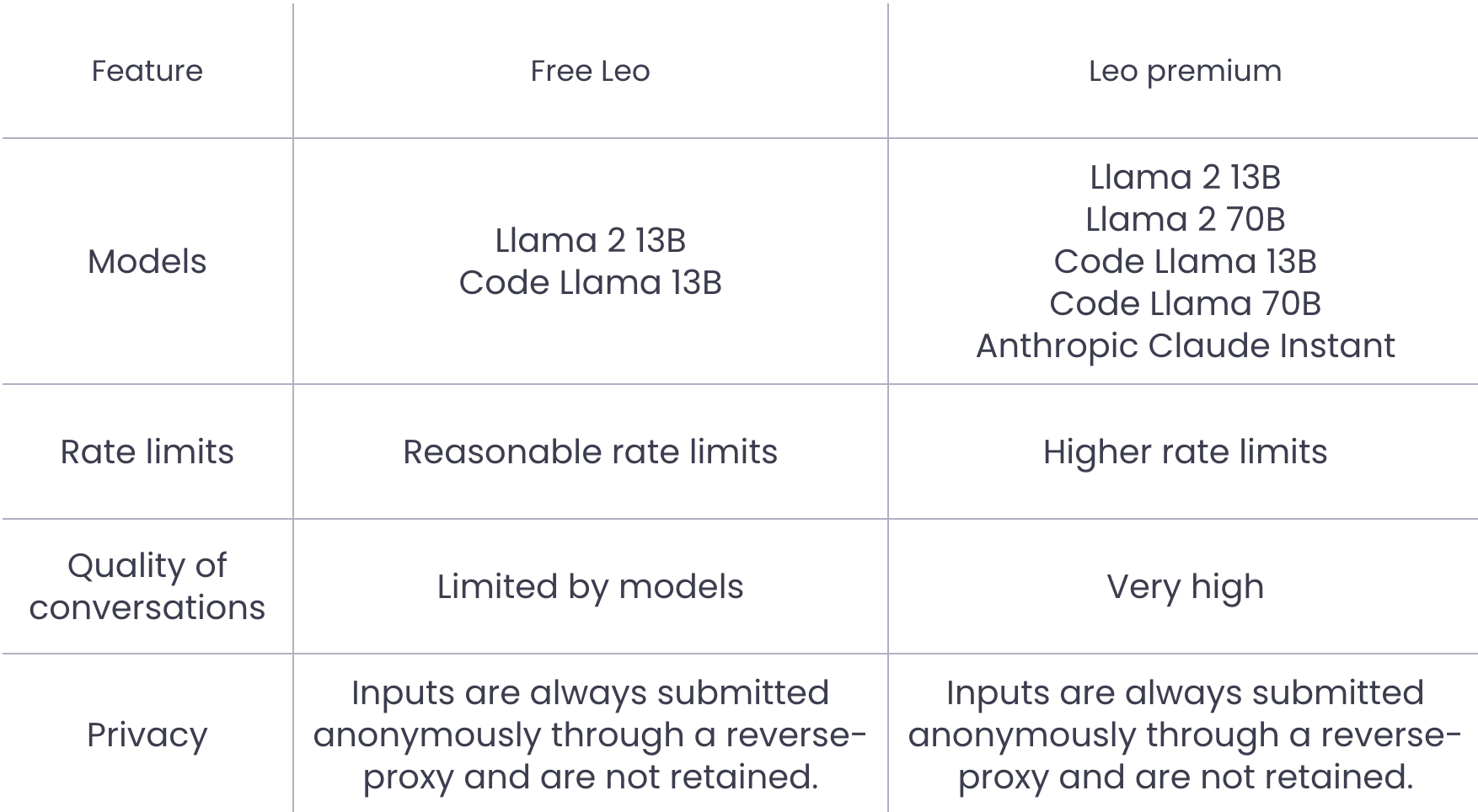
Brave, the privacy-focused web browser, has announced the full release of Leo, its AI-powered assistant, to all desktop users. This marks a major milestone for the company in bringing advanced conversational AI capabilities directly into the browser while still prioritizing user privacy.
Leo provides users with an AI assistant that can summarize webpages, answer questions, generate content and more, directly within the browser interface. Brave highlighted Leo's ability to combine easy access to AI with a strict focus on privacy protections.
"It is increasingly common today to use AI to ask questions and get assistance. AI can be a powerful tool but it can also present growing concerns for data privacy and there’s a need for a privacy-first solution," said Brian Bondy, CTO and co-founder of Brave.
Crucially, Brave has engineered Leo to operate anonymously, without collecting personal data. Queries through Leo are proxied to prevent linking requests to IP addresses. Responses are immediately discarded after generation rather than being stored. And no login or account is needed to use Leo's basic features.
Brave has also introduced Leo Premium, a paid subscription that provides users with access to more powerful AI models. The free tier utilizes Llama 2 13B and Code Llama 13B, while premium users also get Anthropic's Claude Instant and additional Llama models like Llama 2 70B and Code Llama 70B. The premium models enable faster response times and more accurate results.
Additional benefits of the $15 per month premium plan include higher rate limits, priority access during periods of peak demand, and early access to new Leo features.

Brave's integration of Claude represents a major collaboration between the companies to bring advanced natural language processing capabilities to users directly within their web browser.
As a privacy-centric company, Brave emphasized that Leo was built with privacy protections at its core. Leo Premium subscriptions utilize "unlinkable" tokens, preventing Brave from connecting purchase details and product usage.
Brave's ability to pair Claude's sophisticated AI with stringent privacy controls could establish a new standard for responsible AI integration in consumer software. The company continues to pursue privacy-preserving alternatives to popular web tools as user data protection becomes increasingly valuable.
With Leo’s rollout on desktop now complete, Brave aims to bring the assistant to mobile over the coming months. The company hopes Leo will demonstrate that AI can enhance users' browsing and productivity without compromising their privacy.

